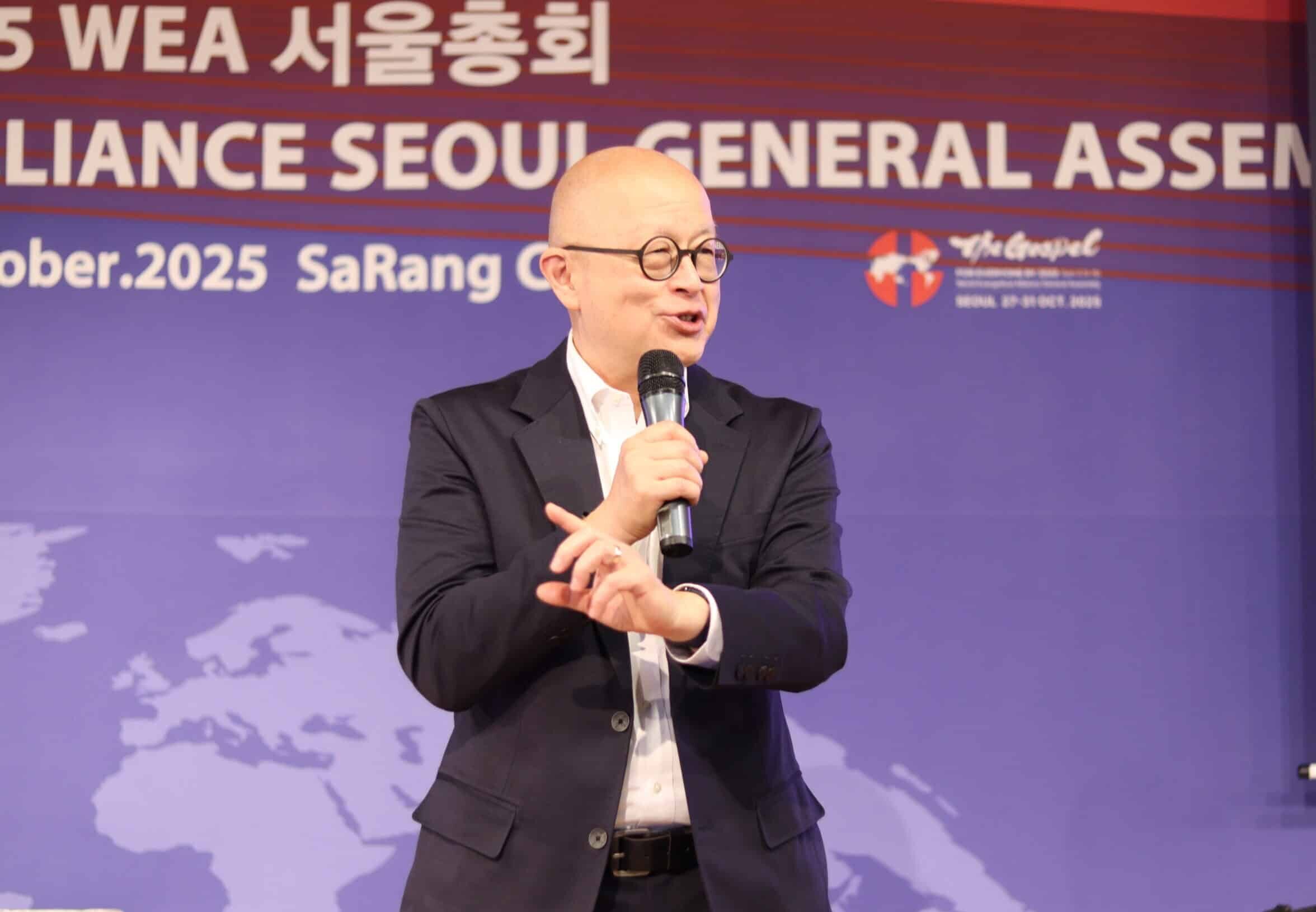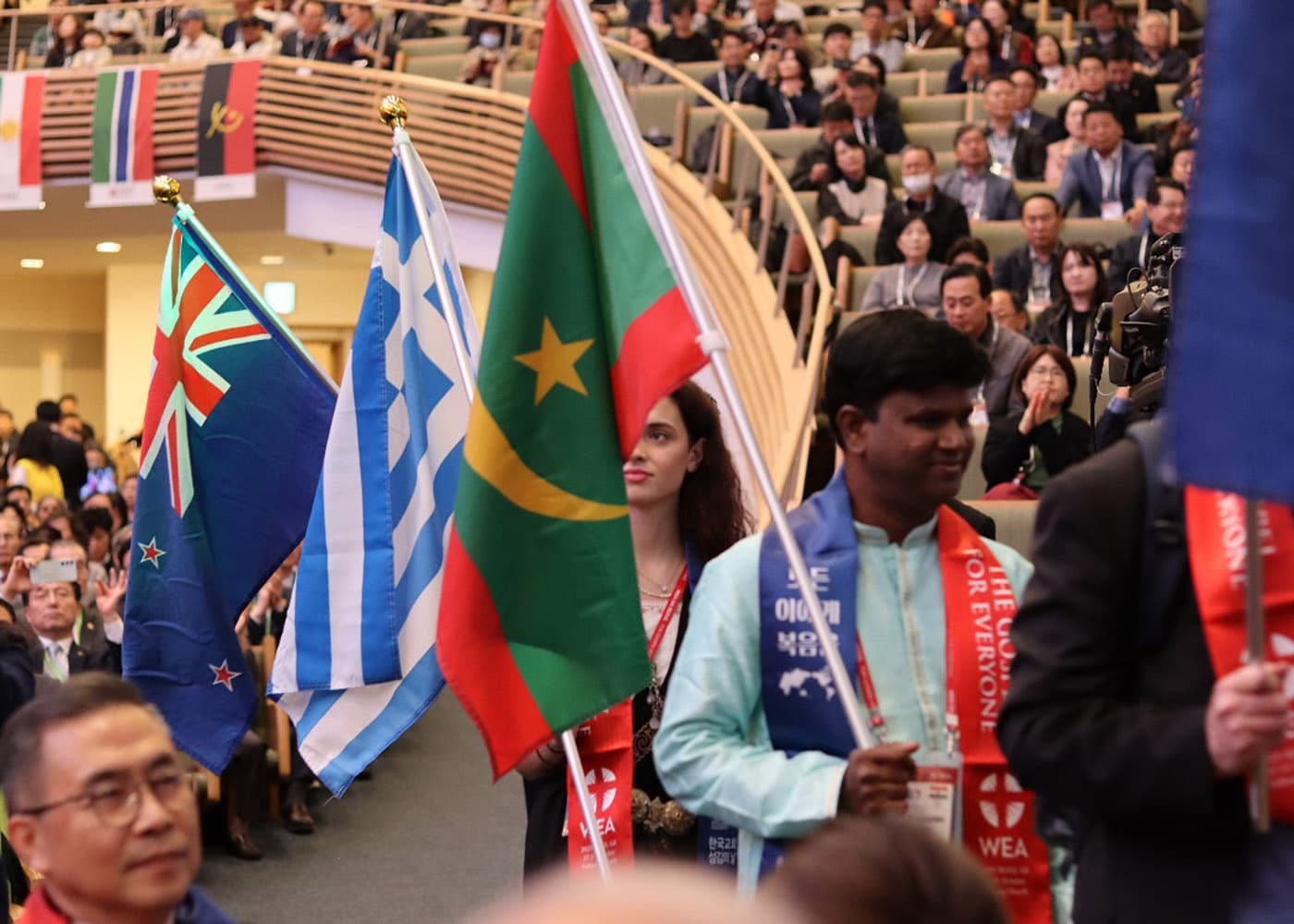The country is preparing for the era of coalition government at the state level. According to evangelicals, it can “craft productive partnerships for the common good”.
After the elections in South Africa on 29 May, the hegemony of Nelson Mandela’s party has come to an end for the first time since democracy was established in 1994.
The African National Congress (ANC) has lost its absolute majority in the National Assembly, winning just over 40% of the vote. It will have 159 MPs, 71 fewer than in the last legislature.
“The people of South Africa have spoken, they want their leaders to work together, find common ground and put aside their differences”, said President Cyril Ramaphosa after learning the results.
Moss Ntlha, secretary general of the Evangelical Alliance of South Africa (TEASA), explains to Spanish news website Protestante Digital that “in this new scenario, for the first time since the dawn of democracy, the ruling ANC will be forced to form a coalition with other parties to form a government”.
Two new parties and the rise of the liberals
The majority of seats lost by the ANC (58) went to the uMkhonto weSizwe (MK) party, created by former president Jacob Zuma, who was finally unable to run as a candidate after the Constitutional Court banned him due to open corruption cases against him.
The second party was once again the Democratic Alliance, the main party representing the white population, which won three more seats, reaching 87.
After Zuma’s party, the Economic Freedom Fighters (EFF), led by the controversial Julius Malema, won 39 seats, five fewer than in the last election.
The other party that did not have parliamentary representation and will form part of the new National Assembly is the Patriotic Alliance, with nine seats. It is a party with black demands but which some people place on the far right.
On the other hand, the African Christian Democratic Party of Kenneth Meshoe has three deputies, one fewer than in the last term.
A diverse political scene that, according to Ntlha, “it will be a test of leadership and political maturity to craft productive partnerships for the common good”.
Evangelical engagement
“The evangelicals have an opportunity to go public with what it means to love the neighbour and the enemy, to foster reconciliation. That is important in a society that, 30years since the dawn of Democracy, remains divided, unequal and mutually suspicious of each other”,.points out the secretary general of the Evangelical Alliance.
“Working from the ground up, evangelicals could foster the relational capital needed for the pursuit of the common good”, he adds.
Ntlha underlines that there are already “multi-racial and multi-ethnic local churches”, but, they are “unprepared theologically, culturally and practically, with pastors largely unprepared to host diversity”.
However, he also acknowledges that they are “gaining invaluable experience in the process”, to contribute to the political dialogue in the country’s new scenario.





Stay Connected